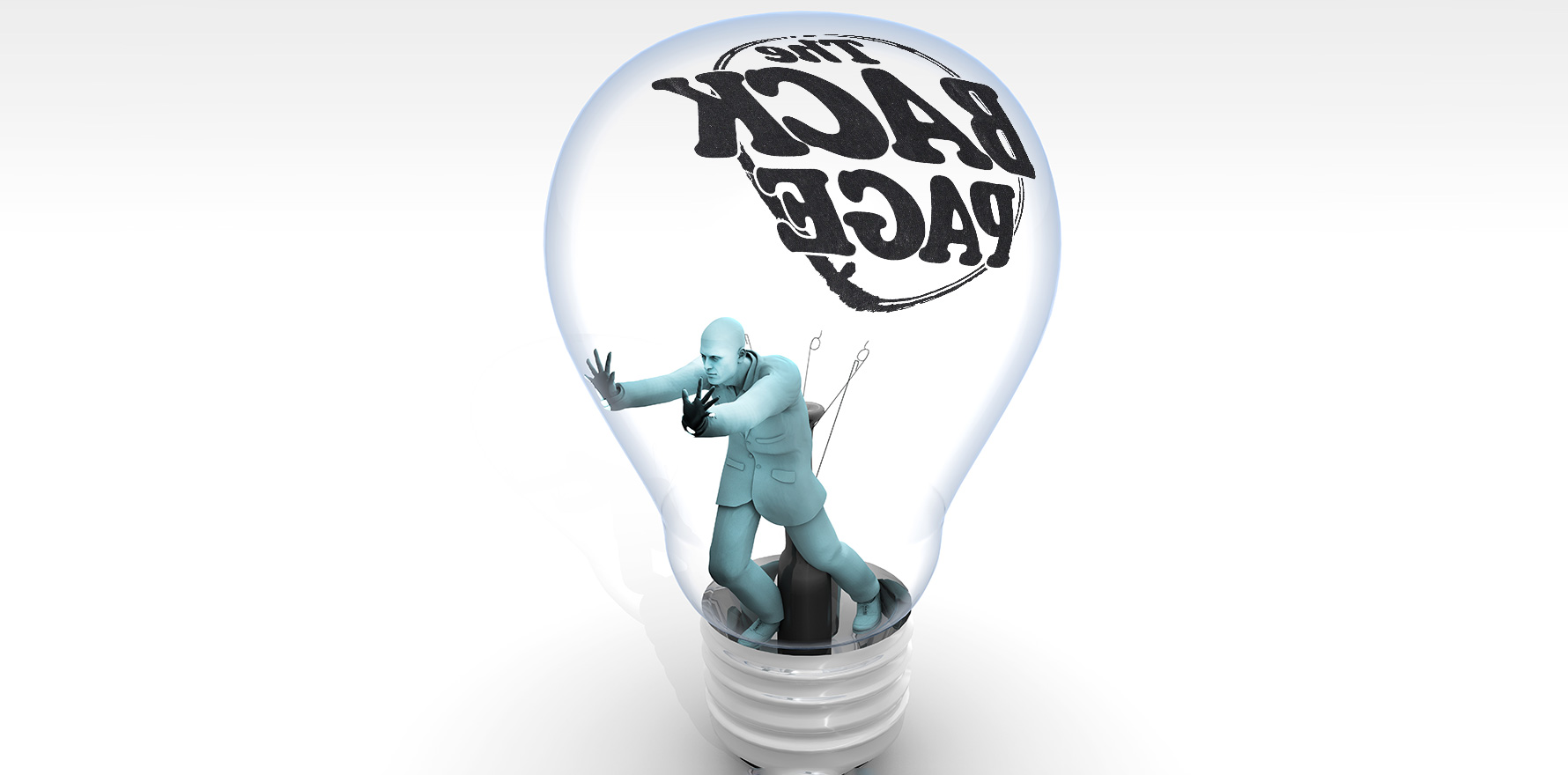Sadder does not equal wiser, according to a team of scientific mythbusters. Just add it to the pile of broken psychology studies.
Sigh.
Another day, another study that skewers the foundational works my psychology degree was built on.
If you’ve any interest in mental health or pop psychology, you may have heard that people who are depressed are actually more realistic.
This concept is called “depressive realism”, and one researcher quoted in the study described it thus: “The depressed exhibit a remarkable degree of realism in judgments about their personal and social worlds, whereas the less depressed tend to exhibit unrealistic optimism.”
It comes from an almost half-century-old study of college students that concluded depressed participants were better at assessing whether the button they pushed controlled a subsequent light turning on, whereas those who weren’t depressed overestimated their level of control.
But it turns out, it might be a furphy.
“It’s an idea that exerts enough appeal that lots of people seem to believe it, but the evidence just isn’t there to sustain it,” study author Professor Don Moore, from UC Berkeley, said in a statement.
Just add it to the pile of psychological papers that have not stood up under repeat study.
“In Alloy and Abramson’s original depressive realism study (1979), participants estimated the control their responses (button pushes) gave them over an outcome (a lightbulb turning on),” the authors wrote in Collabra: Psychology.
“At the top of the list of reasons why we ought to revisit this particular article is its widespread acceptance in both the scholarly and popular literature,” said Professor Moore.
He and his colleagues pointed out the theory has been a focus of more than 75 empirical studies, five books, and articles published in The Guardian, Psychology Today, The New Yorker and Vice. “Taylor and Brown (1988) built their influential theory of “positive illusions” on these claims; their 1988 article has been cited over ten thousand times.
“That means a lot of people are building theories or policies premised on this effect being true. If it’s not, it’s really important to establish that.”
But the researchers pointed out that the original study didn’t have a mechanism to measure bias, and didn’t vary the amount of control participants actually did have.
To assess whether the findings were verifiable, they recruited almost 400 participants and had them perform a task in which they could choose whether to press a button or not, and after this a lightbulb or a black box would appear.
They were secretly and randomly assigned to one of three groups: one in which the lightbulb appeared 25% of the time, one where it appeared 75% of the time and the last one where they did have an element of control – and the lightbulb came on 75% of the time a button was pressed but never otherwise.
Participants were asked to predict how much control they had over the light after 40 rounds.
Sadly, the authors couldn’t replicate the original findings.
In this study, they actually found hints that those with higher levels of depression overestimated how much control they had.
In another test of confidence, participants were asked to estimate their marks on an intelligence test – and still the depressed participants were no better at it.
So unfortunately, there’s one less silver lining to being depressed.
“The study does not suggest that there are benefits to being depressed, so no one should seek depression as a cure to their cognitive biases,” said Professor Moore.
“We live with a great deal of uncertainty about how much control we have – over our careers, our health, our body weight, our friendships, or our happiness,” he said. “What actions can we take that really matter? If we want to make good choices in life, it’s very helpful to know what we control and what we don’t.”
If you are suffering from a replicability crisis, let penny@medicalrepublic.com.au know.


